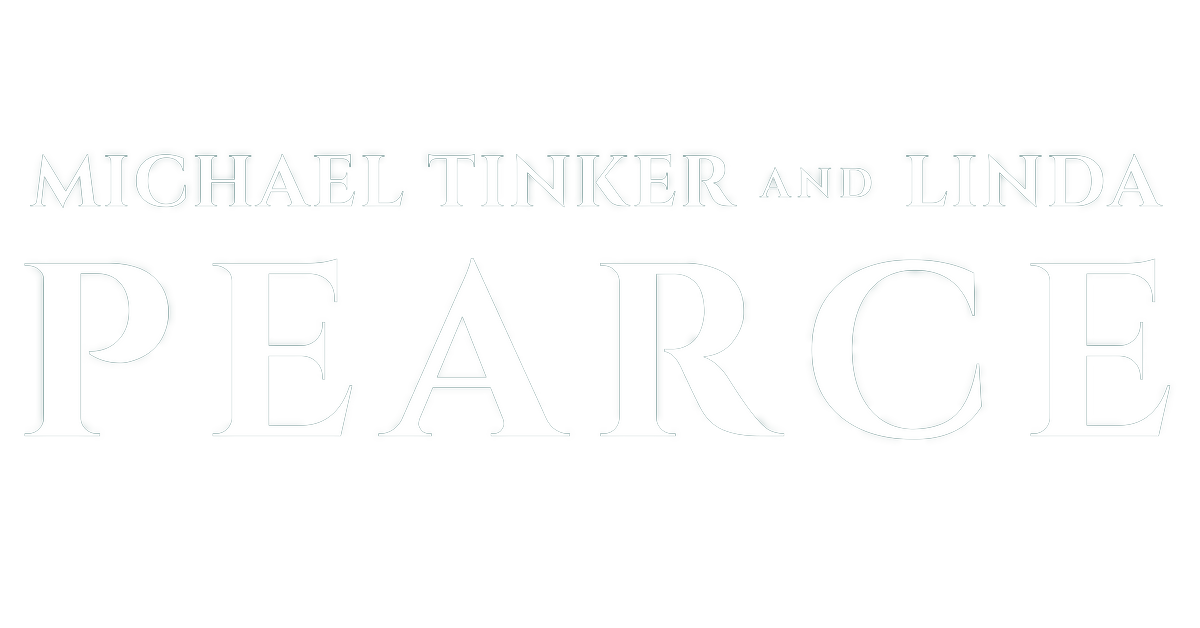The Dreaded 8-Letter Word: Revision (And How to Do It) By Charlie Holmberg
With National Novel Writing Month behind us and that burst-of-life manuscript in-hand, many new writers ask themselves, “Now what?” What does one do with this novel now that it’s done?
It’s time to revise.
The art of revision is something I picked up bit by bit along the way, over the span of many novels. I learned a little here from books, a little there from conferences, a little more from writing groups, and a little everywhere from my undergraduate degree in English and editing.
What did I learn?
Revision isn’t easy. Even for an editor.
I used to revise my books all in one go—I’d read through my draft and fix everything at once: prose, characterization, plot holes, and so on. I wanted to get it done. And doing everything at once often made me lazy, made me put duct tape on problems that actually needed a new carburetor. Ultimately, my “finished” manuscripts were still wanting.
Revision takes time. And this is two-fold.
Time away from the book. Once that first draft is finished, put it down and walk away. Work on something else. Start chugging through your “to-read” list. Go on vacation. Basically, a first draft is like a bad fight with your boyfriend: once you two get some space, you can look at the problem(s) objectively. If you stay in the same room, the problem(s) will only escalate.
Time to make edits. You can’t revise everything in one pass. Be prepared to make multiple passes on your manuscript, with some cushion time between each one. Your first revision should focus on the big-picture things: plot holes, weak setting, character motivation, and the like. Focus on smaller things (a poorly-paced fight scene, for example) in the second pass. Save prose and proofreading for the end. There’s little more frustrating than editing your heart out on a chapter’s prose, only to have to scrap it later because it didn’t match Point A to Point B.
Revision is a social endeavor. No author can revise his book alone.
No matter how much space you and your manuscript take apart, there will always be mistakes you don’t see, from awkward homonyms to misplaced technology (I have recently been guilty of both). Writers need critique partners. They need outside opinions. I personally have about nine or ten readers that I divide into two groups: the first is made of fellow writers who can help me nail the big problems with a book; the second is made of readers (and the occasional editor) who help me notice small discrepancies and poorly worded sentences.
Homegrown in Salt Lake City, Charlie was raised a Trekkie with three sisters who also have boy names. She writes fantasy novels and does freelance editing on the side. She’s a proud BYU alumna, plays the ukulele, and owns too many pairs of glasses. Charlie currently resides in Moscow, Idaho with her husband.
Charlie’s series, starting with THE PAPER MAGICIAN, is coming soon from 47North.
–
You can follow Charlie at (@CNHolmberg) and her blog (myselfaswritten.blogspot.com).
